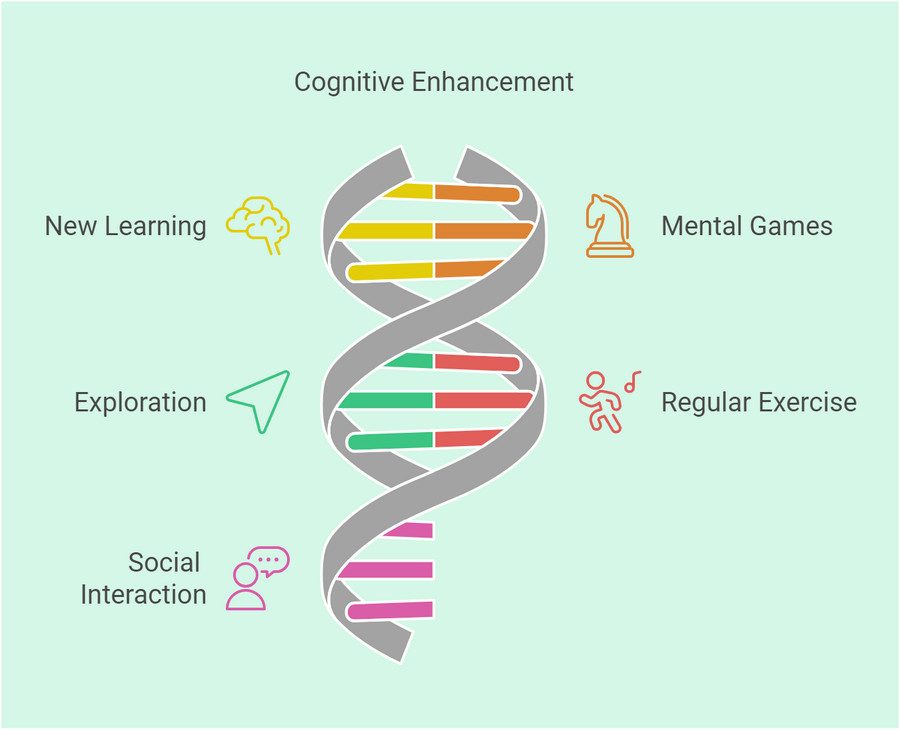


Nobody probably thought that taxi drivers and dementia would become a hot topic.
Could driving through chaotic streets keep your brain healthy? A surprising study suggests it.

Let’s talk about Alzheimer’s for a second. It’s not just a disease—it’s a thief. It doesn’t knock, doesn’t ask permission—it just takes. Your memories. Your relationships. Your independence. Gone.
It’s devastating, and millions of people are living with it daily. The biggest problem is that there’s no cure—nothing to reverse it.
Now imagine this. You’re sitting at a family dinner. You see faces you’ve known your whole life, but they don’t mean anything.
Names? Forgotten. Stories? Lost. That’s what Alzheimer’s does. It robs you of the things that make life worth living.
But here’s the twist: new research shows that some people might unknowingly give their brains a layer of defense against Alzheimer’s. And who are these unlikely heroes?
Taxi and ambulance drivers. You read that right—the people dodging traffic and rerouting through city chaos might have the healthiest brains.
Let me explain.

Scientists dug through piles of data and discovered something wild. Taxi and ambulance drivers have the lowest Alzheimer’s death rates compared to almost anyone else.
Just 1.03% of taxi drivers and 0.74% of ambulance drivers passed away from Alzheimer’s, while 1.69% of the general population did. That’s a massive gap.
Why? What’s their secret? It all comes down to this: their hippocampus.
The hippocampus is the part of your brain responsible for memory and spatial awareness.
It’s like your internal GPS, helping you figure out where you are, where you’re going, and how to get there.
The bad news? This is the first part of the brain that Alzheimer’s destroys. But, just like a muscle, you can strengthen it.
Now, think about what taxi and ambulance drivers do. They’re not just driving—they’re solving mental puzzles daily.
They’re memorizing streets, figuring out shortcuts, rerouting around traffic, and making decisions under pressure.
Every shift is a mental workout, forcing their hippocampus to stay in shape. It’s like CrossFit… but for your brain.

Not all drivers saw the same benefit. Bus drivers? Pilots? Nope. They didn’t show the same protection against Alzheimer’s.
Why? Because their routes are repetitive. Predictable. They don’t challenge the brain in the same way.
For taxi and ambulance drivers, it’s different. Every trip is unique. Every shift is full of surprises.
Their work requires constant problem-solving, memory recall, and quick thinking.
This relentless mental engagement could be giving their brains an edge.
But before quitting your office job to drive a cab, let’s slow down. The study only shows a connection—not an immediate solution.
For example, cab companies might draw people with strong spatial skills to these jobs.
Or maybe taxi and ambulance drivers don’t live as long as others, and Alzheimer’s doesn’t get a chance to develop. There are other factors at play.
Even so, the takeaway is clear: challenging your brain matters. And this study is a massive reminder of how important it is to keep your mind active.

So, does this mean you should trade your desk for a driver’s seat? Not necessarily. This research shows that keeping your brain engaged is one of the best ways to protect it.
Think about your brain like a muscle. If you don’t push it, it gets weak. If you challenge it, it grows stronger.
Taxi and ambulance drivers are giving their brains a workout every day. But you don’t need a steering wheel to do the same.
Here are a few ways to keep your mind sharp:
The solution? You don’t need to drive around all day to keep your mind in shape. You only need to challenge it.

This exciting research points to something we all need to hear: keeping your mind active matters.
Alzheimer’s is one of the most challenging diseases out there, but this is a reminder that we’re not powerless.
Challenge your brain. Stay curious. Support the scientists who are doing this vital work.
Alzheimer’s may be a thief, but we’re getting closer to locking the door and keeping it out every day.
Need to learn more about seniors and dementia? Applewood Our House is here to help. Contact us today!